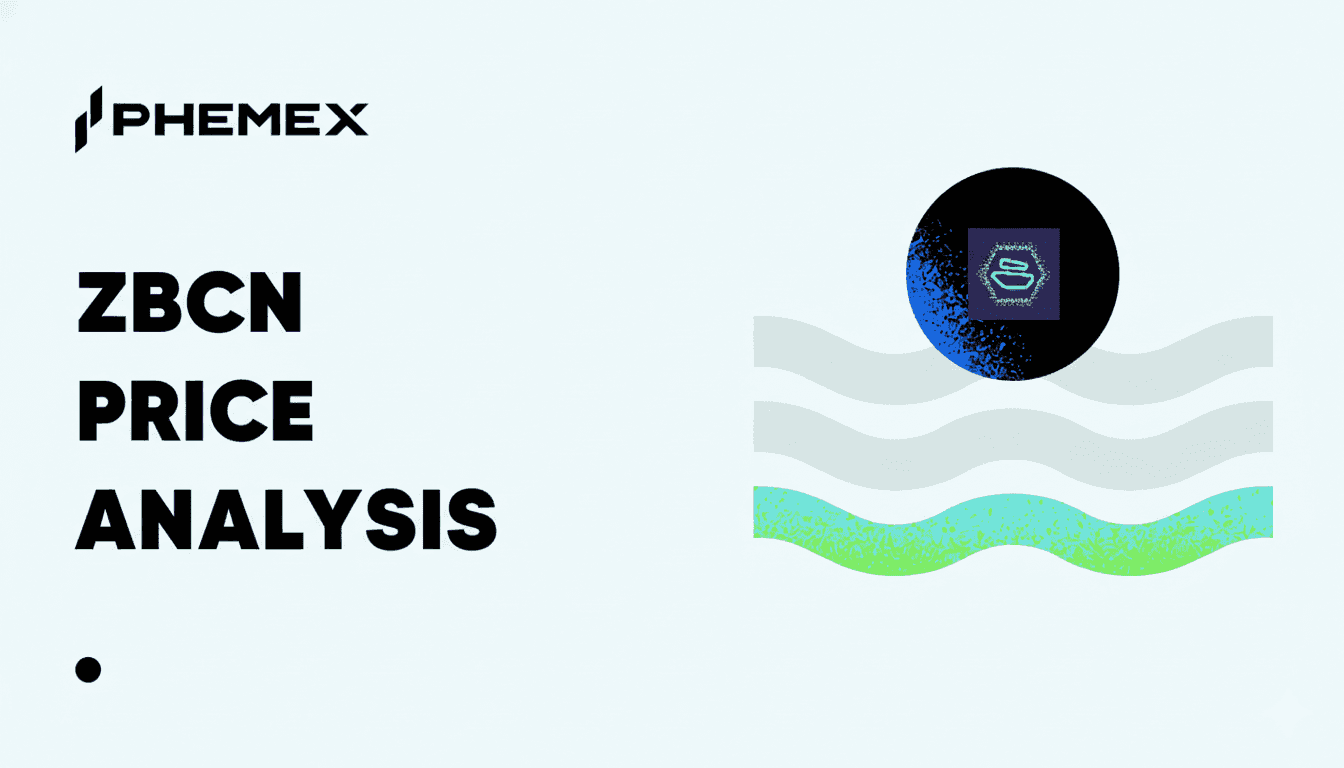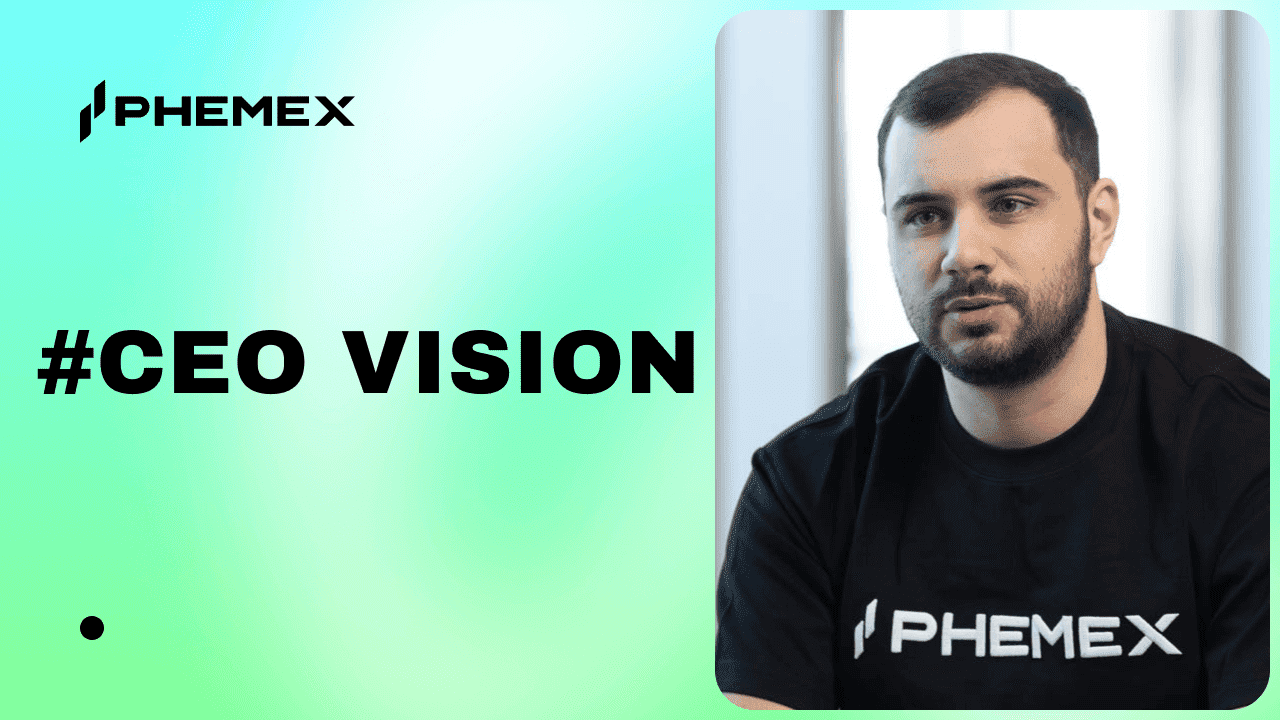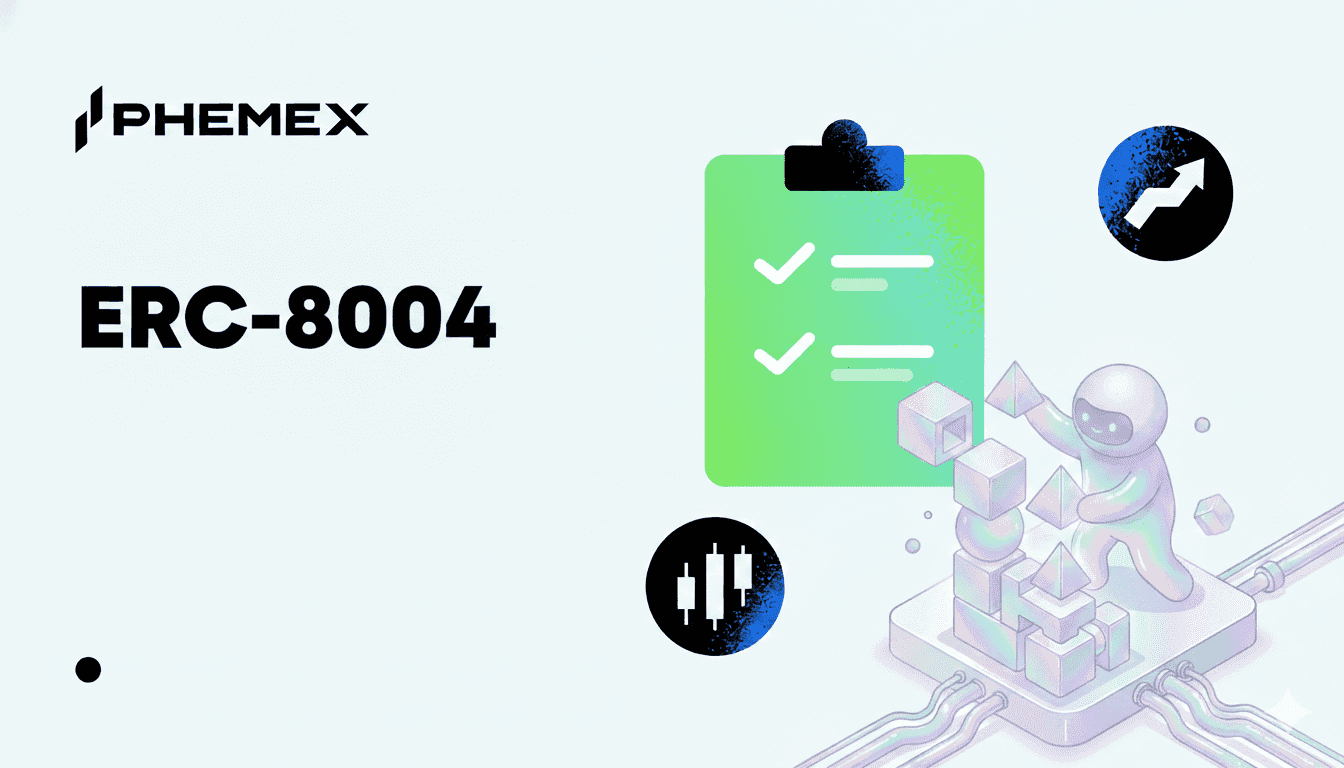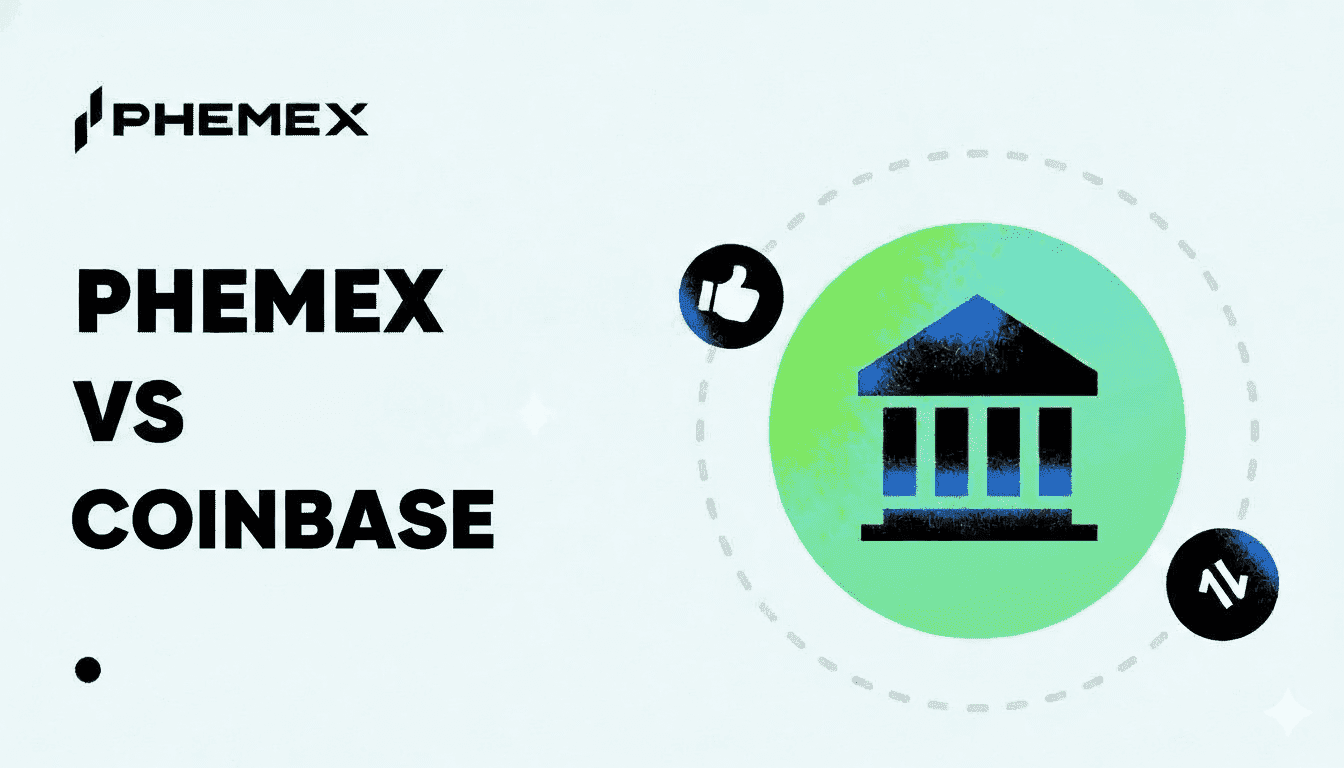What Is an Ethereum Spot ETF?
An Ethereum Spot ETF (Exchange Traded Fund) is a type of investment fund that tracks the price of Ethereum, allowing investors to buy shares that represent the actual cryptocurrency without the need to directly purchase or hold Ethereum. This form of ETF is designed to reflect the current market price of Ethereum closely.
What Is an Ethereum Spot ETF Application?
An Ethereum Spot ETF application is a formal request submitted to financial regulators, such as the U.S. Securities and Exchange Commission (SEC), by a financial institution. It seeks approval to offer an Ethereum Spot ETF to the public, enabling investors to engage with Ethereum as a tradable security on major stock exchanges without owning the actual cryptocurrency.
How Does an Ethereum Spot ETF Application Work?
The process involves a financial institution preparing a detailed proposal for an ETF, which includes operational, management, and security plans for the fund. This application is then rigorously reviewed by the regulatory body to ensure compliance with financial and security standards. Upon approval, the ETF can be listed on an exchange, and investors can purchase shares, gaining exposure to Ethereum's price movements indirectly.
Top High-Profile Ethereum Spot ETF Applications
Several leading financial institutions have submitted high-profile applications for Ethereum Spot ETFs. These applications reflect a significant interest in integrating cryptocurrency investment products into conventional financial markets. Here are some of the most notable applications:
- BlackRock iShares® Ethereum Trust: BlackRock, the world's largest asset manager, submitted its application in late 2023. Despite multiple delays by the SEC, which is seeking public comments particularly on Ethereum’s susceptibility to fraud, the final decision has been pushed to June 2024.
- Fidelity Ethereum Spot ETF: Fidelity Investments, a major global financial services provider, applied for an Ethereum Spot ETF that includes features like ETH staking, which allows investors to earn returns on the staked cryptocurrency. The SEC’s decision on this application is expected by May 2024.
- VanEck Ethereum ETF: Known for its pioneering role in investment funds, VanEck was one of the first to file for an Ethereum Spot ETF in the U.S. in July 2021. However, skepticism remains high from the company's CEO regarding the SEC’s approval by the deadline in May 2024.
- Franklin Templeton Ethereum ETF: Franklin Templeton filed its application in early 2024, aiming to list its ETF on the Chicago Board Options Exchange. This move came as part of a broader trend of traditional investment firms exploring cryptocurrency opportunities. The decision is delayed to June 2024.
- 21Shares & ARK Invest Ethereum ETF: In a joint venture, 21Shares and ARK Invest submitted their application for the ARK 21Shares Ethereum ETF in September 2023. Their application is notable for proposing a cash-creation model and plans to stake a portion of the ETF’s Ether to generate additional income, with a decision expected by May 2024.
- Hashdex Nasdaq Ethereum ETF: Hashdex, a global asset manager focused on cryptocurrencies, also threw its hat into the ring with an application for the Hashdex Nasdaq Ethereum ETF filed in September 2023. The decision has been postponed to late May 2024.
- Grayscale Ethereum Spot ETF: Grayscale, the largest digital currency asset manager, proposed converting its existing Grayscale Ethereum Trust into an ETF. This move is part of Grayscale's broader strategy to provide regulated investment avenues for digital currencies. The SEC has extended its review period, with a new decision deadline set for June 2024.
- Invesco & Galaxy Digital Ethereum ETF: Invesco, in partnership with Galaxy Digital, has submitted a joint application for the Invesco Galaxy Ethereum ETF. Initially expected in December 2023, the decision has now been postponed to July 2024.
What Happens If an Ethereum Spot ETF Application Is Approved?
Approval could lead to greater accessibility for average investors to Ethereum, signaling a stamp of confidence from the traditional finance sector. This may potentially drive up the price of Ethereum due to heightened demand and improved optics. It could also set a regulatory precedent for future cryptocurrency ETFs, fostering greater integration of cryptocurrencies into traditional financial markets.
What Could Happen If an Ethereum Spot ETF Application Is Denied?
A denial could temper market enthusiasm, potentially leading to decreased Ethereum prices due to perceived regulatory hurdles. It might also deter other institutions from pursuing similar ETF applications, slowing the institutional adoption of cryptocurrency investments.
Spot ETFs vs. Futures ETFs
Spot ETFs directly hold the underlying asset (Ethereum, in this case), aiming to mirror its market price closely. In contrast, Futures ETFs invest in futures contracts of the asset, not the asset itself, which can lead to price discrepancies from the actual market price due to factors like rollover costs and differences between the futures and spot prices.
How Does Ethereum Work?
Ethereum operates as a decentralized platform powered by its native cryptocurrency, Ether. It enables the deployment of smart contracts and decentralized applications (DApps) without downtime, fraud, control, or interference from a third party.
How Would Spot Ethereum ETFs Work?
Spot Ethereum ETFs would function through a process of creation and redemption involving authorized participants who provide liquidity by creating or redeeming shares of the ETF in exchange for the underlying asset, keeping the ETF’s price aligned with the market price of Ethereum.
Benefits of Spot Ethereum ETFs
The primary benefits include enhanced accessibility, regulated investment options, liquidity, and the ability to participate in Ethereum’s potential growth without the complexities of direct cryptocurrency management.
Risks of Spot Ethereum ETFs
Risks include high volatility of Ethereum prices, regulatory uncertainty, and potential tracking errors in the ETF’s ability to mimic the price of Ethereum due to operational costs or logistical issues.
By understanding these factors, investors and observers can better navigate the evolving landscape of Ethereum Spot ETFs and their implications for the broader financial and cryptocurrency markets.









